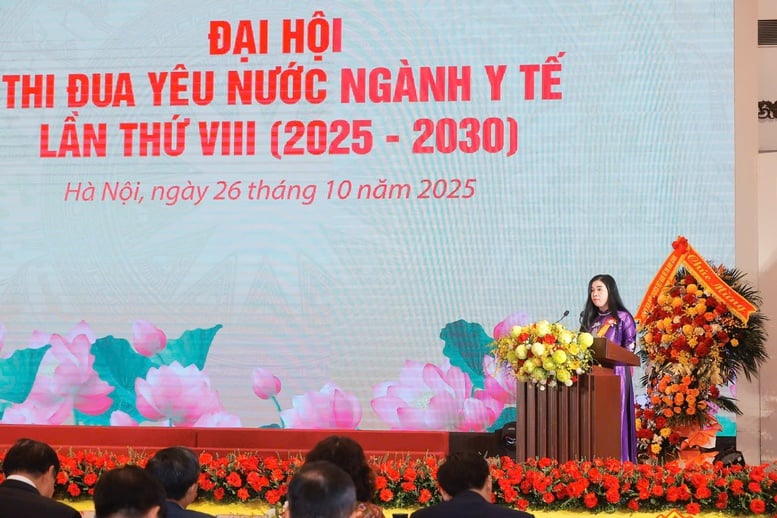
Associate Professor Phan Le Thu Hang reports on grassroots health care work at the 8th Patriotic Emulation Congress of the Health Sector - Photo: VGP/HM
The Ministry of Health has just organized the Patriotic Emulation Congress of the Health Sector. This is an opportunity to honor emulation examples and affirm the key role of the Health Sector in implementing the strategic directions of the Party and State on public health care.
One of those directives is Directive No. 25-CT/TW dated October 25, 2023 of the Secretariat on continuing to consolidate, improve and enhance the quality of grassroots health care activities in the new situation. This directive emphasizes the urgent task of the health sector in building a strong grassroots health care foundation, ensuring primary health care, prevention and improvement of community health, contributing to the successful implementation of sustainable development goals.
In fact, recent efforts to strengthen and develop the grassroots health network have also contributed to improving the capacity and operational efficiency of this network. This is considered the "gatekeeper" of the Vietnamese health system in the role of the frontline in direct access, providing primary health care to the people, helping to screen, prevent diseases and reduce the burden on the upper level.
On the sidelines of the Patriotic Emulation Congress of the Health Sector, reporters of the Government Electronic Newspaper had an interview with Associate Professor, Dr. Phan Le Thu Hang, Deputy Director of the Department of Financial Planning, Ministry of Health - who has spent decades working in grassroots health care across the country.
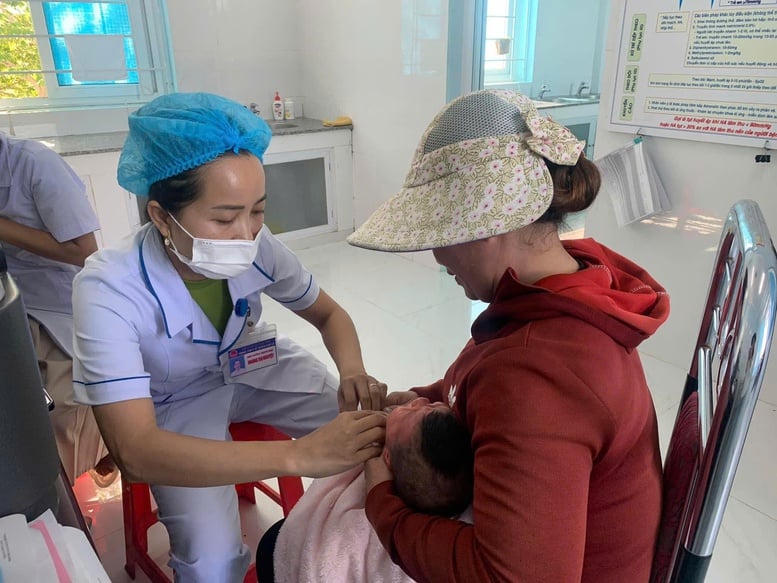
Developing grassroots healthcare is an inevitable trend - Photo: VGP/HM
Developing primary health care is an inevitable trend.
According to Ms. Phan Le Thu Hang, currently, the trend of focusing on primary health care, proactive prevention, and health promotion is considered to play a key role in the innovation process of health systems globally.
In Vietnam, the challenges facing health care are even more complex due to internal factors such as the dual disease model (a combination of communicable and non-communicable diseases), a fragmented health service delivery system that is heavily dependent on hospitals, and limited financial resources for health care.
Therefore, grassroots health care and preventive medicine have always received special attention from the Party, the State and the health sector, considered as a fundamental factor to help the Vietnamese health system operate more effectively in an increasingly challenging and unpredictable environment.
Investing in upgrading the grassroots health network is considered both an urgent task and a long-term priority, and reforming the grassroots health network is considered a central element in the process of reforming the national health system.
In recent times, the Ministry of Health has given top priority to designing and implementing a comprehensive program to innovate and develop the grassroots health network nationwide, in which the Ministry of Health has effectively implemented efforts to innovate and develop the grassroots health network on four main pillars.
That is to create important policy openings, including strategic orientations for developing the grassroots health network in the medium and long term; improve inter-sectoral coordination in health care in general and innovate the grassroots health network in particular; perfect the system of professional guidance related to grassroots health; mobilize resources (financial and technical) to support localities, especially those with difficulties in upgrading the grassroots health network.
In there, Mobilizing resources to support localities plays an extremely important role. Specifically, In recent times, the Ministry of Health has actively expanded the space for cooperation with relevant partners to increase resource mobilization to support investment in upgrading the grassroots health network of localities, including non-refundable aid (WHO, UNICEF, UNFPA, bilateral partners...), preferential loans (WB, ADB), and resources mobilized from a number of commercial partners through the initiative to create a primary health care ecosystem, which was first implemented in Vietnam.
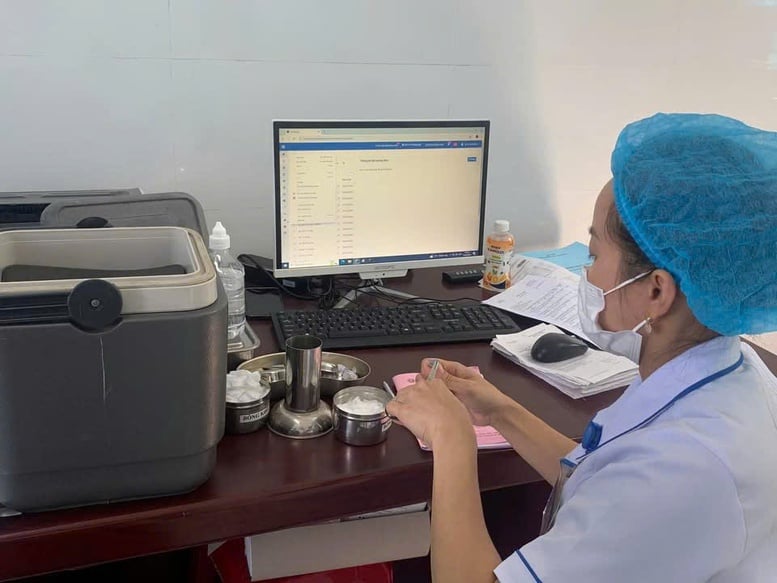
Medical facilities benefit from projects using foreign capital - Photo: VGP/HM
Special project, marking the shift in governance model to local level
The Investment Project on Construction and Development of the Grassroots Health Service Delivery System using WB Fund (WB Project) and the Program "Investment in Development of the Grassroots Health Network in Difficult Areas" (ADB Program) using ADB Fund are assessed to be of special importance, due to the large scale of capital sources and being designed with comprehensive technical interventions to improve the capacity of the grassroots health network in difficult provinces.
These two projects use funding from different donors but have quite similar technical designs, with synchronous interventions to upgrade essential inputs (infrastructure, medical equipment, medical human resources) of the grassroots health network, while supporting innovation in the primary health care service delivery model.
In particular, these two projects are completely different from previous ODA-funded projects of the health sector, which is to give maximum autonomy to localities. Accordingly, the provinces are the investors of component projects in the area, implementing all major investment activities of the project. This governance model marks the shift of governance power from the central to local levels.
However, when entering the implementation process, both projects faced major challenges. In addition to the new governance model that the participating provinces initially struggled to apply, another serious challenge that the projects did not foresee was the outbreak of the COVID-19 pandemic, which prevented the activities from being implemented for a long time.
In addition, some changes in the Government's ODA capital management mechanism have also affected the progress of the projects. The combination of these challenging factors has made the actual implementation time of the projects very short (2 years for the ADB Program and 3 years for the WB Project) compared to the original design (from 5-6 years).
This leads to the risk of having to terminate operations, return all loans and non-refundable aid to the sponsor; or have to extend the implementation period to 3 years; the consequences will cause huge financial waste, causing negative chain effects on the capacity of the grassroots health network of localities, negatively affecting the ability to mobilize international support for the health sector in the future.
According to Ms. Phan Le Thu Hang, in this particularly difficult context, the leaders of the Ministry of Health, the Central Project Management Board and the localities participating in the WB Project and the ADB Program have made courageous and creative management decisions in directing, operating and managing the implementation process.
Thanks to that, this Project and Program have been implemented beyond expectations, contributing significantly to supporting the health sector to effectively implement the most important strategic orientations of the health sector ( Resolution 20 of the Central Executive Committee, Directive No. 25 of the Secretariat, Resolution 72 of the Politburo ), and at the same time being practical evidence affirming the correctness of the orientation of decentralization and delegation of power to localities.
"The results exceeding expectations in the implementation of the WB Project and ADB Program in the above particularly challenging context show that, to overcome seemingly insurmountable difficulties, to achieve seemingly impossible goals, we need to have a mindset beyond the conventional framework, make wise choices, be determined to pursue and flexibly implement creative approaches to governance as well as technical interventions to accelerate progress and ensure the quality of project activities," Ms. Phan Le Thu Hang emphasized.
It can be said that the efforts in recent times to innovate and develop the grassroots health network in the new situation have become a vivid proof of the patriotic emulation strength of the Vietnamese health sector, gradually creating a solid foundation (in terms of thinking, technology and finance) for grassroots health, bringing practical benefits to millions of people in difficult areas.
In the coming time, according to Associate Professor Phan Le Thu Hang, the health sector needs to continue to make the greatest efforts to upgrade and develop the grassroots health network in the spirit of Directive No. 25 of the Secretariat and Resolution No. 72 of the Politburo, especially in the context of the whole country implementing a 3-level management model (central, provincial and communal).
Accordingly, it is necessary to prioritize the early completion of the construction and submission to competent authorities for approval of the National Target Program on health care, population and development for the 2026-2035 period to put the Program into implementation in 2026.
Hien Minh
Source: https://baochinhphu.vn/tinh-than-yeu-nuoc-chia-khoa-vuot-thach-thuc-nang-tam-y-te-co-so-viet-nam-102251026205304576.htm




![[Photo] Nhan Dan Newspaper displays and solicits comments on the Draft Documents of the 14th National Party Congress](https://vphoto.vietnam.vn/thumb/1200x675/vietnam/resource/IMAGE/2025/10/26/1761470328996_ndo_br_bao-long-171-8916-jpg.webp)
![[Photo] Enjoy the Liuyang Fireworks Festival in Hunan, China](https://vphoto.vietnam.vn/thumb/1200x675/vietnam/resource/IMAGE/2025/10/26/1761463428882_ndo_br_02-1-my-1-jpg.webp)

![[Photo] General Secretary To Lam received the delegation attending the international conference on Vietnam studies](https://vphoto.vietnam.vn/thumb/1200x675/vietnam/resource/IMAGE/2025/10/26/1761456527874_a1-bnd-5260-7947-jpg.webp)
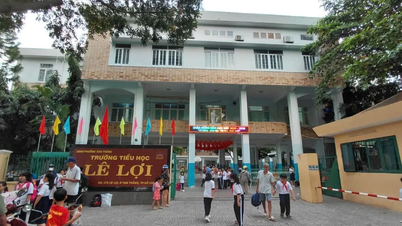

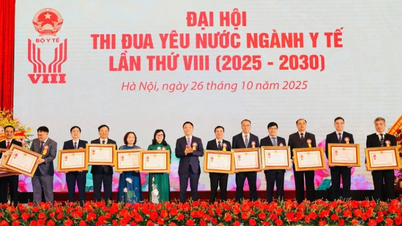



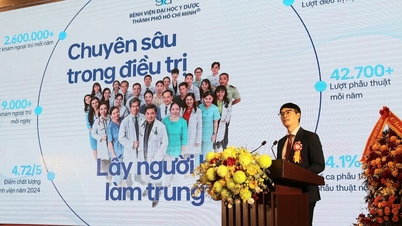

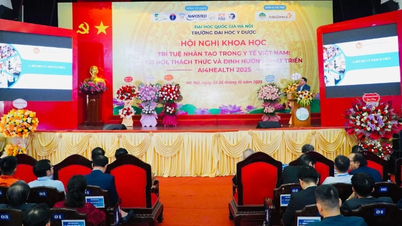










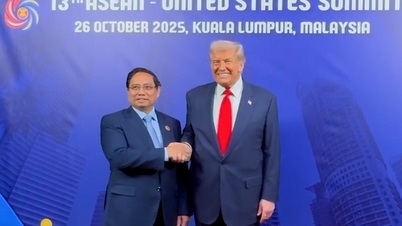

![[Photo] Prime Minister Pham Minh Chinh attends the opening of the 47th ASEAN Summit](https://vphoto.vietnam.vn/thumb/1200x675/vietnam/resource/IMAGE/2025/10/26/1761452925332_c2a-jpg.webp)



































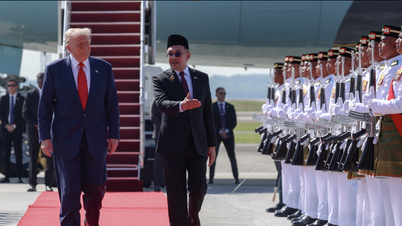

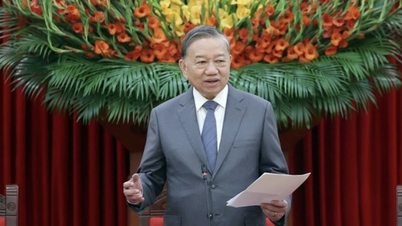

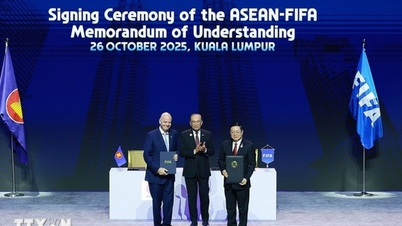

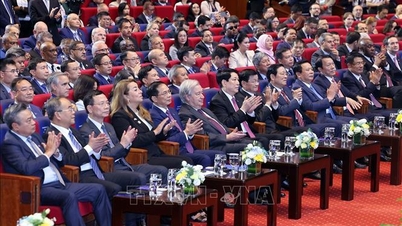

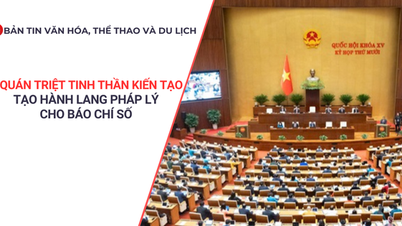



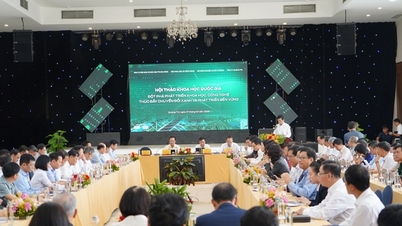


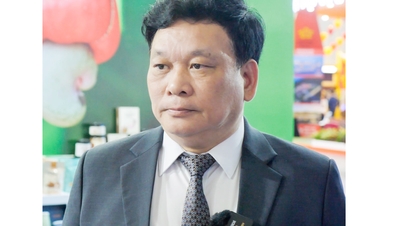

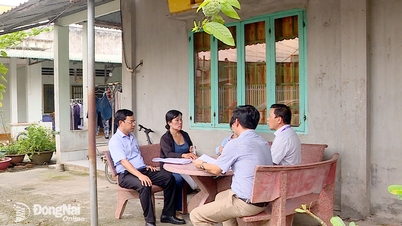
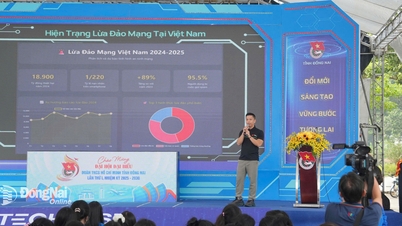

















Comment (0)